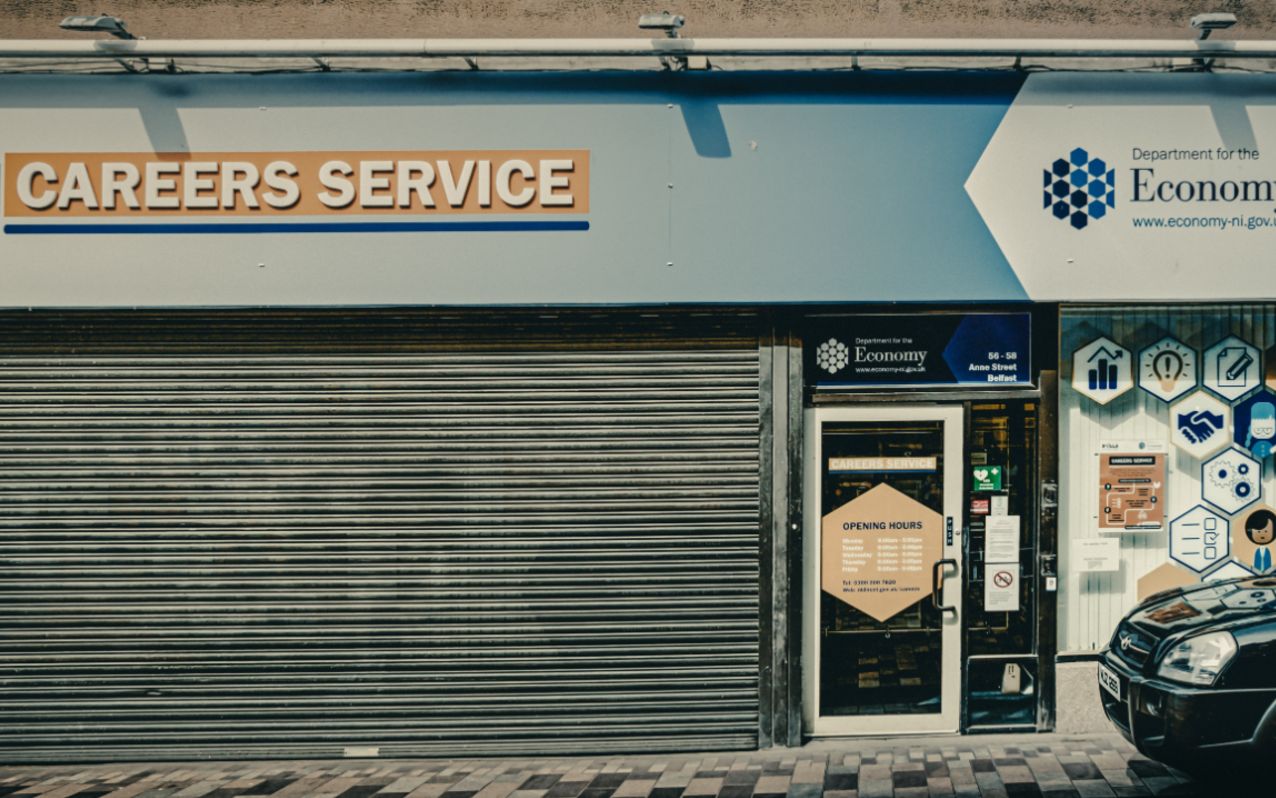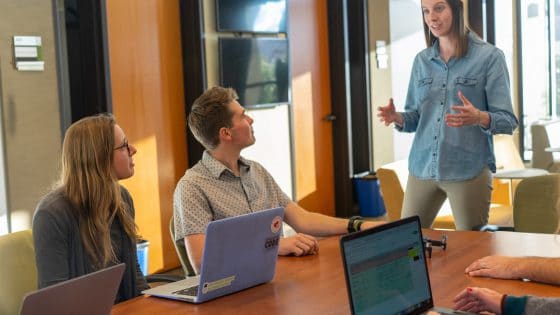A flu that originated in Kansas somewhere around January 1918 killed many young adults, but the second wave about six months later was deadlier, killing many times more. When it appeared to be subsiding, the third wave in December 1918 made it deadlier.
That time, troop movement during World War I ended up making it a global disease that continued killing for the next two years. The name is ‘Spanish Flu’ as it got its name from the impression that the media created by reporting more cases of disease from neutral Spain than from its place of origin in the US. In all, more than 50 million lives were lost to this flu, probably even 100 million.
COVID19 will probably never be as deadly as Spanish Flu, but the economic impact it will create will be many times more than what humanity experienced in 1918.
Economic impact is almost always a fallout of a trigger that forces the population to change their behaviour and their spending pattern. COVID19 has triggered a behaviour change of “Social Distancing” that is going to impact the economy and industries that cannot address this social change. In order to ensure that the second and third wave of COVID19 does not occur, the enforcement in the change will certainly make the change nearly permanent.
SCIKEY analysts have analysed the existing business scenario and how some of the industry sectors are going to fare in months and years after COVID19.
3 Business verticals that will shrink and so will the jobs related to them
Travel Industry will shrink by up to 35%. Travel industry will see a long term permanent change. Airline companies will become smaller and will shrink their operations to survive for a better day. The direct fallout will be on every allied business that caters to the travel industry. Manufacturing of airplanes, construction of new airports, and the hospitality industry around travel will all shrink by the same proportion. The highest impact will be on international travel, while domestic travel will revive, taking comparatively smaller hits.
Such an impact will challenge the business model of successful startups like ‘Airbnb’ where the reduced number of travelers will be compounded with the loss of confidence between the traveler and property owner. Those looking at cheap stays may now find hotels having enough rooms and assurance of quality of health standards that probably fewer travelers will find with the Airbnb model.
Commuting will reduce by up to 20% while cab hailing will reduce even more. Lower need and urge to travel will directly impact even local commutes for a long time to come. This will in turn affect the auto industry as the need for buying vehicles will reduce. Emptier roads will improve efficiency of vehicles involved with logistics while private cars will be the preferred mode of travelling short distances.
Highly successful cab sharing app companies would find it difficult to scale with lack of confidence amongst commuters primarily on account of safety of their vehicles. While innovative methods will be found to win back commuters’ confidence, it will take several quarters before anything close to normal growth is seen. Safety, reduced traffic, lower need to go to the office physically and lower cost of fuel will encourage commuters to use their own vehicles more than cabs; and this change appears to be permanent.
Commercial Real Estate will suffer from over capacity. Real estate has been under strain for over a decade. It could never come back to pre-subprime crisis time as the new normal had set in. Residential properties remained under strain for the want of investors while commercial properties started growing back to near normal with global business growing at a faster rate than ever. Asia as a whole saw significant growth over the last five years, but now the COVID19 situation has started making corporations rethink their real estate strategies.
While initially it appeared as a compromise, the prolonged lockdowns and workforce rapidly reorienting themselves to work from home have demonstrated improved productivity that they originally achieved from their offices. Commercial real estate will see fewer takers and it will transform itself to meet future needs to keep their business viable.
5 Business verticals that will grow and so will the jobs related to them
Innovative technologies that will respond to changing situations. Startups or new ideas that will take care of the changed habits and associated needs will see traction and growth. Digital economy will get a boost and everything that can help make life better will start seeing traction. Probably, more advanced video meeting platforms, portals for remote jobs, online stores of all kinds, food home delivery, education, online content and telecom will see growth that will essentially raise demand for technology talent even more.
Healthcare & wellness. Healthcare has never been in focus till the COVID19 issue came forward. Huge spend on military and other non-welfare budgets will see the spend shift to healthcare. In parallel, wellness will become a bigger industry with more and more people moving towards adopting wellness even before there is a need for healthcare. Medical tourism will get a significant boost where citizens of western nations will travel to Asian countries like India and Thailand to not only get treated for low cost, but also learn yoga and wellness habits.
Farming, agriculture & Food. The food Industry will see a transformation from unhealthy food to organic and healthy food and it will be a significant job creator. Farming, till date, has always been associated with a poor and neglected set of people. COVID19 will make people understand the importance of good quality food and more educated people will find professional solace in making agriculture as their profession. The difference here will be the optimisation of the sector that will make the ‘Farm to Fork’ model work in a true sense, and will be one of the largest job creators for blue collared workforce and one of the emerging sectors for white collared workforce as well. This sector will become attractive primarily because of reduction of low value added middlemen that would make farmers richer.
Local Manufacturing. One thing emerging out strongly is that the governments are becoming cautious of sending out their manufacturing to China. The shift of manufacturing will either bring back some of the manufacturing to the countries of origin or to other low-cost Asian countries. This part of job generation will primarily be a shift of jobs from China to other countries and not essentially creating new opportunities. The shift will continue over the next few years and will essentially reduce migration and make countries more self-sufficient than before. In a way, global trade reduction will be one of the outcomes of this action.
Education. Education will see a major change. It will be more technology driven and will move out of the confines of schools and colleges. Technology will reinvent education by making home as a classroom and any educated person anywhere in the world as a teacher. SCIKEY analysts also estimate that every education post primary will be focused on making people worthy of jobs available instead of only improving knowledge. A whole new education system will be created for re-education and continued education. Learning will become cheaper, broader and with a convenience of anytime, anywhere by anyone. Eventually degrees will also be challenged by online competence based certifications that will be more job focused, cheaper and shorter in duration.
Digital Platform for Jobs, Work & Business solutions supported by a Professional Network & integrated Services Ecosystem. At SCIKEY, we provide Jobs, Work & Business solutions enabled by a Professional Network, to enterprises, businesses, job seekers, freelancers, and gig workers around the world. 'SCIKEY Assured,' a premium managed services offering by SCIKEY, delivers the best outcomes to enterprise customers globally for talent and technology solutions getting delivered offshore, remotely, or on-premise. We are super-proud to be working with some of the world's most iconic Fortune1000 brands. Follow SCIKEY on website, LinkedIn and Facebook.



















